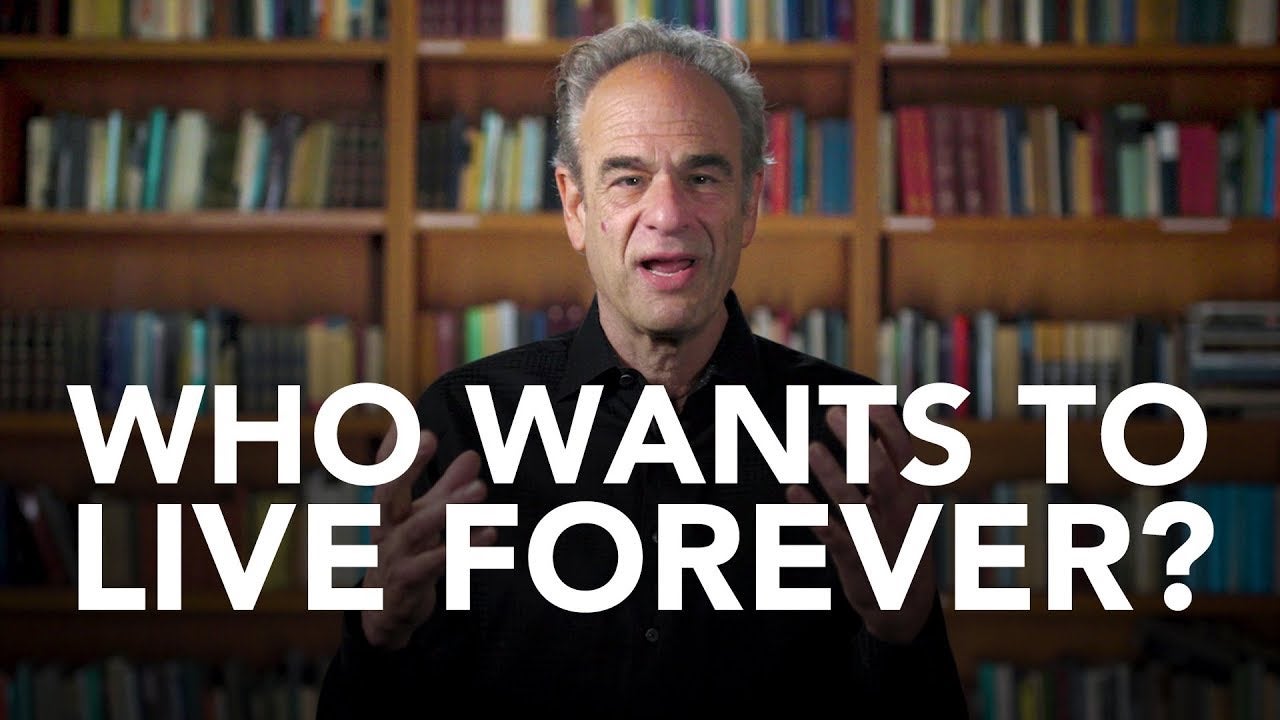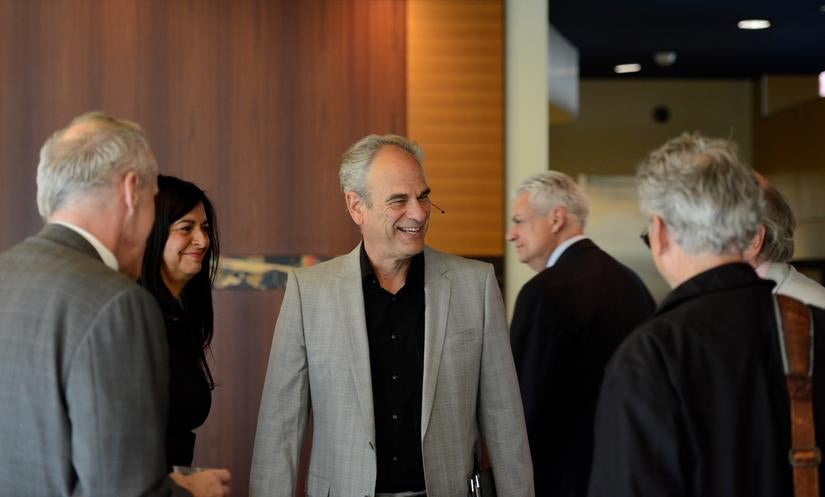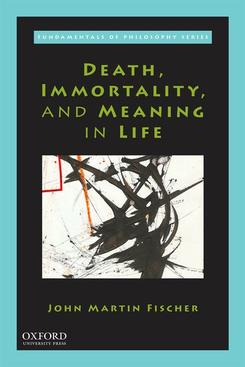
Who wants to live forever? John Martin Fischer wouldn’t be opposed to it — as long as he’d have an easy exit if he changed his mind a million years down the line.
It’s a question Fischer, a distinguished professor of philosophy at the University of California, Riverside, has spent a long time pondering.
A leading philosopher of free will and moral responsibility, Fischer also studies issues related to death and immortality. He believes wondering about death is an essential aspect of being a “meaning-seeking being,” and that how we view death has significant implications for how we live our lives.
In 2012, Fischer received the largest grant ever awarded to a humanities professor at UCR: $5.2 million from the John Templeton Foundation to study immortality.
The funding supported the establishment of the three-year Immortality Project, an initiative directed and administered by Fischer, who used it to award subgrants to 34 teams of researchers around the world. So far, the Immortality Project has produced more than 100 published books and journal articles, and much of the research it funded is ongoing.
Fischer’s book “Death, Immortality, and Meaning in Life” (Oxford University Press) is the latest work to join that selection. Published this week, the book introduces readers to a broad range of ideas about what makes a life meaningful and how our attitudes toward death influence our approaches to life.
It also includes Fischer’s musings on a topic on which he’s become something of an expert in recent years: near-death experiences.
Forty years ago, while teaching philosophy at Yale University, Fischer created a course called “Mortal Questions” that got him hooked on classic literature about death and immortality. He brought an undergraduate, intermediate-level variation of the course, which he still teaches, to UCR when he arrived 31 years ago.
But it wasn’t until he established the Immortality Project that he became acquainted with the small but growing community of researchers who have begun to approach near-death experiences from an academic standpoint, he said.
The experiences were a recurring theme in many of the research proposals Fischer evaluated when deciding which subgrants to award through the Immortality Project. Accordingly, a sizable chunk of the funded research has sought to answer questions about these phenomena.
The goal isn’t to convince skeptics that near-death experiences are “real” or that people who report having them are telling the truth, Fischer said. It’s more about interpreting the ways having these experiences can affect how people live their lives.
All told, about 5%-10% of people who find themselves in near-death contexts report having a near-death experience. About 90% of those say their experiences were positive, like a good dream.
“Some people report to their families, ‘I wish I could’ve stayed,’” Fischer said.
Descriptions of near-death experiences tend to share similarities. People often report out-of-body experiences where they feel themselves rise above their own bodies. They describe seeing a “life review” — a reel of highlights, or lowlights in the case of the unlucky 10% who report having a negative near-death experience, presented like a film. And, perhaps most famously, they report traveling down a dark tunnel toward light, or toward a destination that’s guarded — by a river or gate, for example.
Frequently guiding this “trip of an after-lifetime,” as Fischer likes to call it, are mentors: parents or relatives, religious leaders, or other trusted authority figures.
“One thing that’s totally indisputable is that the reports come from across different cultures and across time — they go back to ancient Greece — and they have certain patterns,” Fischer said. “It’s pretty hard to say that all of these people are lying or exaggerating or insincere.”
But questions about their meaning remain: Do they prove the existence of an afterlife? And what lessons can we draw from them?
In Fischer’s view, the effects a near-death experience can have on a person illuminate some of those answers.
He noted that in every culture his Immortality Project team members have researched, one feature of human nature that shows up time and again is a concern for death.
“A question about what happens to us after we die, and quite often a fear of death,” he explained.
People who report having near-death experiences, however, typically have much less “death anxiety” in the aftermath of their experiences. They also become more prosocial, more concerned about morality and justice, and more optimistic about life in general.
In one of the projects funded by the Immortality Project, researchers found that people who underwent simulated near-death experiences using virtual reality reaped many of the same positive benefits as those who have reported having “real” near-death experiences.
Even negative near-death experiences can yield positive results, Fischer said, by inspiring those who have them to re-orient themselves to the good.
He noted that near-death experiences are significant and attractive to many people because they seem to indicate “the possibility of an afterlife and, thus, a kind of immortality.”
Humans have always longed for ways to overcome death, but never has secular immortality — living forever — seemed like such a real possibility, Fischer said, with medical advances enabling life expectancies in developed countries to nearly double over the past century.
The Immortality Project has also funded research into enhancing human longevity. In one such study, researchers found that across cultures, men tend to be much more positive about the possibility of “indefinite life extension,” Fischer said.
There are “immortality optimists” and “immortality curmudgeons,” he added. The optimists believe we will vanquish death, while the curmudgeons think human beings simply could not be immortal, given basic facts about human nature.
Personally, Fischer is more of an “immortality realist.” Given the opportunity, he’d choose to extend his own life, but he doubts whether science has or will progress enough to actually make immortality an option.
“I also worry about whether the human species will be able to solve the problems of climate change so that our environment will sustain immortal life,” he said.
Fischer remains uncertain of what happens after we die. But, for now, he takes solace in the lessons he’s gleaned from studying near-death experiences.
“Near-death experiences don’t tell us where we are going, but they offer comfort on the journey: It is guided by a benevolent parental figure. We are not traveling alone,” he wrote. “Companionship, solidarity in the face of the unknown, and love should surround us in the final chapter. Reflecting on near-death experiences provides insights into how we should live, and points to a less sterile, more humane kind of dying.”
Fischer joined UCR’s faculty in 1988. He is the only philosopher to be named a University Professor by the University of California Board of Regents, an honor he received in 2017, and has authored and co-authored eight books and more than 150 essays.
Header photo by Chris Blonk for Unsplash.






